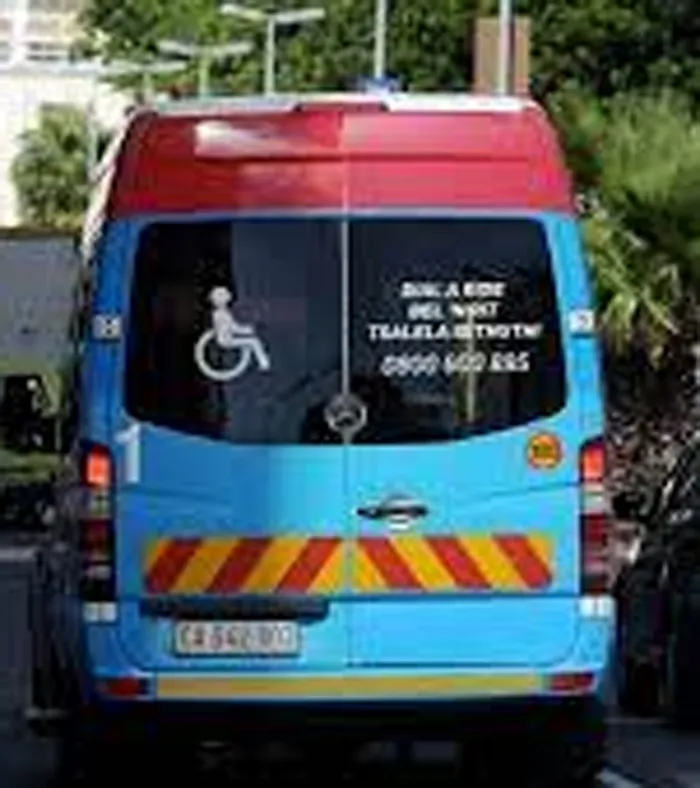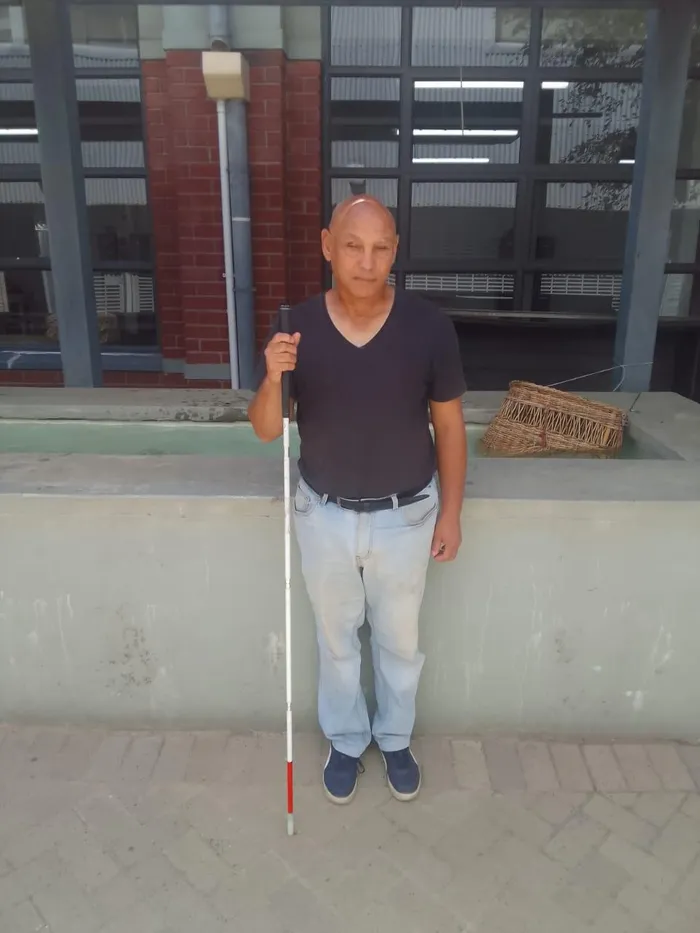
Users have expressed concern over changes to Cape Town's Dial-a-Ride service amid budget constraints.
Image: Supplied
The City of Cape Town said its Dial-a-Ride service is oversubscribed as they experience capacity challenges, with the R28.2 million annual budget being insufficient for the current R40 million operating costs.
This has been met with concern by users.
The City announced that effective September 8, the service will exclusively transport eligible wheelchair users and those with severe walking impairments, strictly between work and home.
"Over the past two decades, the service has expanded to include commuter trips to educational, medical, recreational facilities, shopping centres, and private home visits and the user base grew to include users with other special needs.
"Unfortunately, due to budget constraints, the DaR (Dial-a-Ride) service needs to be realigned with its core mandate: namely to transport eligible wheelchair users and those with severe walking impairments, and to limit these trips between the users’ homes and places of work,” the City said.
It added that due to a current budget deficit amounting to nearly R1 million a month and the operational costs, which is set to continue to increase, they are unable to sustain the service over the longer term without implementing changes.
“The DaR service is over-subscribed due to the expansion of the service beyond its core mandate and the service is experiencing severe capacity challenges where the demand exceeds the available resources,” they City said.

Abram Lintnaar from Atlantis is among the commuters affected by changes to the Dial-a-Ride service.
Image: Supplied
“The annual budget for the service is R28.2 million, while the annual operating costs amount to R40 million currently.”
They also said as of September 8, the service will transport eligible wheelchair users and those with severe walking impairments during peak periods, from Monday to Friday, with minimal services on Saturdays, Sundays, and public holidays for those who need to go to work
“The City is busy engaging users, user groups, and stakeholders to inform them of the amended eligibility criteria, requirements to qualify, and amended service offering."
A year ago, the City announced its decision to discontinue the services to Altantis and the issue was raised with the South African Human Rights Commission (SAHRC) by a commuter.
Abram Lintnaar, 51, from Atlantis, used the service daily to get to his workplace at the Cape Town Society for the Blind and told the Cape Argus that its changes has added financial strain.
"This is just discrimination, I have approached the SAHRC in the past about this matter,” he said.
“I struggle to get to work and come home, I have to pay people to take me to a bus stop."
Earlier, the Cape Town Society for the Blind and the South African National Council for the Blind, said they were informed that two of their staff would be impacted by the service being discontinued to Atlantis.
The Cape Argus has since approached the society on the new developments and await feedback, while the SAHRC earlier said they would be investigating the claims and concerns raised by Lintnaar.
Cape Argus
Related Topics: